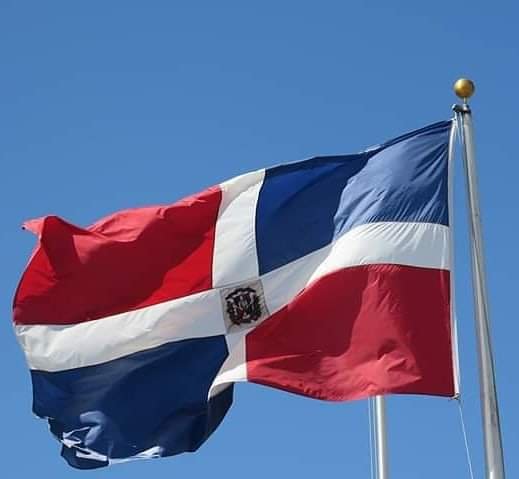On Sunday, the Dominican Republic will hold elections as the Central American nation looks to elect their next President and renew the totality of senate (32) and deputy (190) seats.
Iran Hints At Cyber Attacks By Israel or US at Natanz Nuclear Facility; Vows Retaliation
Elections were originally scheduled to take place on May 17 but had to be postponed due to an upsurge in coronavirus cases. Domestically, the election could lead to a change in government and end the decade long run of the ruling Dominican Liberation Party (PLD).
Internationally, the winner of the Presidential election decides the future of the Dominican Republic foreign relations with regards to the United States and China.
The Candidates
To win the election, a candidate must get 50%+ 1% of the total votes. If none of the contestants is able to win a clear majority, a second-round runoff is held between the two candidates with the highest votes on the first round.
While a total of 6 candidates are hoping to serve as the next the President, according to experts, the outcome of the election will be determined by the three leading candidates from the PLD, Force of the People party (FP) and Modern Revolutionary Party (PRM).
The PLD has occupied the presidency for 20 of the past 24 years. Incumbent President Danilo Medina will not seek a third consecutive term ( his decision to do so was met by domestic resistance) and instead, Gonzalo Castillo, the former minister of public works and communications, will be contesting for the PLD.

Those including to oust PLD include Leonel Fernández and Luis Abinader of the FP and PRM respectively. Fernandez, a three-time President of the Dominican Republic, quit the PLD after losing the PLD primary run-off against Castillo in 2019. Displeased with the defeat, Fernandez formed his own party and announced his decision to seek election for the fourth time.
A businessman by profession, Luis Abinader has no previous experience in public office. Abinader was a close associate of former President Hipólito Mejía. When Mejia quit the PRD in 2014, Abinader decided to join him at the newly formed PRM. According to poll predictions, Abinader is either close to or will outright win in the first-round election. Much of the rise can be credited to the rift between Medina (PLD) and Fernández (FP).
Even if Abinader does not win the election, he and Fernández have agreed to a deal for the run-off election. In November 2019, both formed an electoral alliance, agreeing that whoever between them captured the most votes in the presidential election would, in turn, receive the other’s political backing in the event of a runoff election. They also agreed to nominate joint candidates for mayor and Congress in 24 of the 32 provinces.
US-China to Closely Follow Elections
The Presidential elections in the Dominican Republic are being closely monitored by both the United States and China. In 2018, much to the shock of US an Taiwan, Danilo Medina broke diplomatic relations with Taiwan and established ties with China instead.
This was followed by Medina travelling to Beijing and inking 18 bilateral agreements including on agriculture, culture and tourism. Experts predict Chinese investment in the Caribbean nation will reach US$10 billion in the coming years.
For China, PLD remaining in power is essential for Sino-Dominican relations. Although PLD presidential candidate Castillo’s foreign policy platform makes abstract reference to the need to “deepen, diversify, and expand bilateral and multilateral relations,” one presumes he would maintain diplomatic and commercial relations with China.
Fernández and the Abinader, on the other hand, understand the importance of the US as an ally and will likely scale down ties with Beijing. Both candidates even declined invitations from the Chinese government to visit.
For the US, Abinader winning the election would be the perfect scenario. The 52-year-old is keen on strengthening strategic relations with the US, recognizing that it is the Dominican Republic’s main commercial partner, were about two million Dominicans or those of Dominican origin reside and were about 40 per cent of tourists who visit the Dominican Republic come from.
Regardless of who wins, the elections in the Dominican Republic will be interesting to watch. Elections in the middle of a global pandemic is a challenge in itself and the people of the Dominican Republic will surely be excited to see new faces in the country’s politics.
Written by- Armaan Srivastava. Views Personnel




